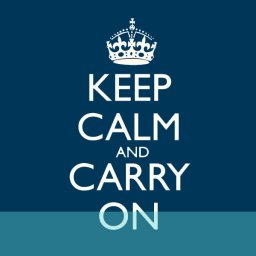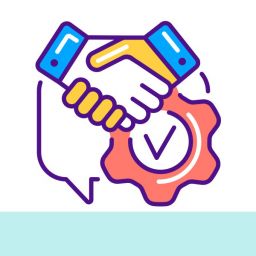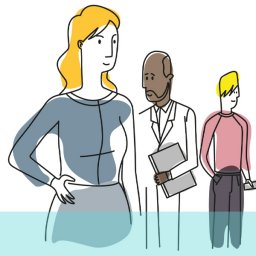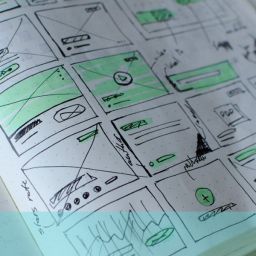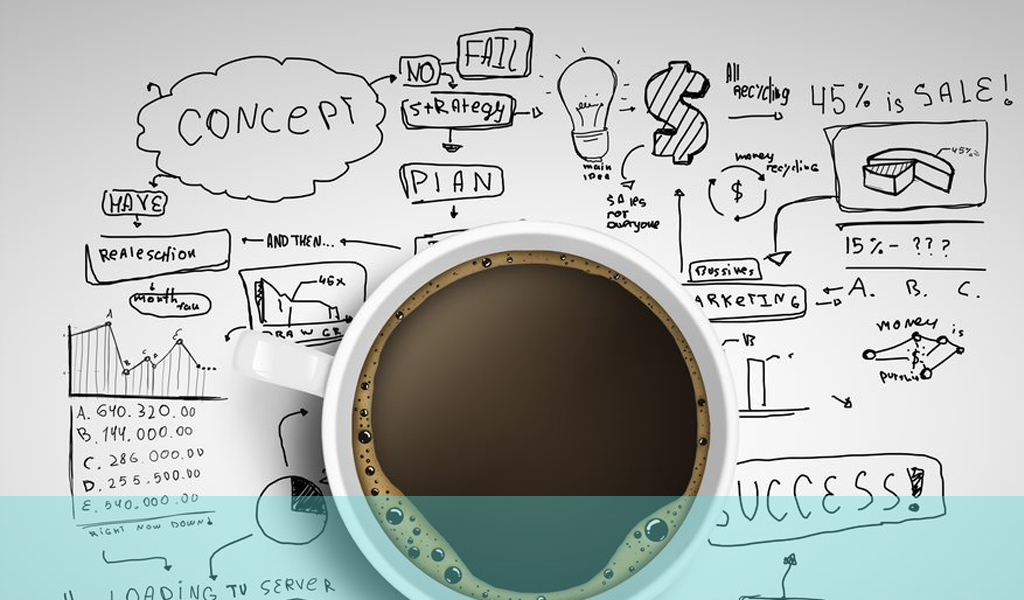
A UX consultant is a UX designer who focuses on the business aspects of a digital product, app, SaaS, or website. It’s a combination of UX design and business consulting.
Our title question isn’t as simple to answer as you’d expect. However, for many businesses already engaged in UX research and design as part of their production process, they’ll understand—or be somewhere close to differentiating between—the many roles of UX design and delivery.
To give you an idea of just how complex this question could lead on to be, there are dozens of UX roles, either honing in on one specific area or amalgamating several skills and years of experience to cover connectable operations. They typically cater to aspects from product inception to delivery. However, in this case, UX also applies to how a business oversees and affects actions, interactions, and teams’ organisation, roles, tasks, technologies, and behaviours.
Let’s get back to the question to see if we can’t make it a little easier to understand. Taking the UX away from each term, dictionary definitions tell us:
research
Noun: The systematic investigation into and study of materials and sources in order to establish facts and reach new conclusions.
Verb: Investigate systematically.
consulting
Adjective: Engaged in the business of giving expert advice to people working in a professional or technical field.
Noun: The business of giving expert advice to other professionals.
That looks pretty straightforward, right? So, researchers utilise relevant sources to provide UX data about a product, which is used to build or improve how those products perform—and consultants provide specialist UX business advice.
That’s almost it, but not quite. A UX consultant is or has operated as a UX designer, but their role is quite different to those working within the product’s research, design, and delivery.
Let’s get back to our earlier definition: engaged in the business of giving expert advice to people working in a professional or technical field. If we’re going to pull that apart, we could say that the UX designer is giving expert advice to those in the technical field of operations, usually with the digital product. However, a UX consultant offers their expertise at the professional level—in other words, beyond the product’s performance and how it connects with the business’s functions.
UX consulting requires taking a step back to look at the big picture
A UX consultant makes a clear partition between the product and the business performance, focusing on the organisation ecosystem as a whole. This way, they consider the user journey throughout the marketplace, utilising their wealth of experience and knowledge in UX design and business operation.
A UX designer views each problem as a design and operation issue, whereas a UX consultant sees it as an overriding business problem. As a result, how they deal with that problem can be similar at times and radically different at others.
One thing they have in common, though, is that they both operate on UX research and user data to drive decision-making and deliver solutions.
What does a UX consultant look like?
A UX consultant has a strong focus on business strategy. They step away from possible product issues to consider and analyse the organisation’s ecosystem, identifying problems and challenges at the business level.
They work with businesses to make them more user-centred and agile and with the business’s teams of UX designers and researchers to provide validated, actionable insights that drive better business decisions.
To do this, they need a range of essential skills, appropriate qualifications, behaviours, and a wealth of experience in:
- UX design and research
- Business management
- Interpersonal interactions and communication
- Strategic thinking
- Marketing
What are some of the typical UX consulting services?
UX issues that appear as digital product problems are often signs that there could be something wrong higher up the chain. They could be the clues that reveal UX issues within the business architecture. Those problems are one of the areas that user experience consulting is designed to manage.
However, given the UX consultant’s wealth of knowledge and industry experience, they’re often brought in on projects where a new pair of expert eyes can help spot the unseen. They offer advice on alternative techniques and products and around how an existing UX team can make changes to benefit their product or the business as a whole.
Delivering UX audits
Audits uncover all kinds of issues. Whether for an app, website, SaaS, or business operation, they explore procedures for weaknesses, pitfalls, and problems exposed by thorough user research.
With vast experience in UX design and business management, the UX consultant will spot typical flaws in product systems and business architecture. However, where issues are more complex, only extensive research will outline and address the areas that need the most action. They understand which areas of UX research are most prevalent and the best options they can suggest to rectify them.
In the same way that a UX designer uses wireframes, prototyping, and testing to create an ideal user flow, the UX consultant uses the same tools to develop a clear picture of business flow, strategy, and operation.
Mapping out the big picture
Both the product and organisation operate on user operations. We don’t use a particular technology simply because it’s the latest thing—we build products and systems using what’s best for the users at that time. UX research consulting takes a holistic approach, overseeing the big picture of business operations, so picking out the ideal systems and technologies for its users is part of that process.
It is essential to take regular steps away from current operations to ask what users want and need and how they spend their time. The answers to those questions will drive the business to make decisions that continue to provide the best systems for its users, however technologies and behaviours change over time.
Defining and delivering your business UX ecosystem
Your digital product is only one part of the business; let’s consider its architecture: it comprises its own features and actions, content and navigation, but as a product, it’s contained by the business ecosystem, surrounded by a host of other departments, activities, and operations, from sales, marketing, HR and personnel, to budgets and finance.
Each of those operations uses specific tools and devices, products and packages, and each department must communicate effectively with the others to create smooth delivery of the business goals.
The UX consultant ensures that the product is central to the business ecosystem and that all components are aligned and are the best tools for the job. As a result, the business acts as a community working together rather than individual components capable of conflicting behaviours.
Much of the ecosystem is built around communication and keeping employees integrated. The result is greater consistency across both product and operation.
Measuring the success of the system and offering ongoing care
Correcting issues with a business’s operation or architecture isn’t a one-off task like fixing a leaky tap or mending a punctured tyre. New strategies must be monitored and measured to confirm successes to ensure a healthy, ongoing, and ideal operation. Otherwise, revisions and further recommendations must come into play.
Like UX product design, testing is an ongoing process, fine-tuning over time and reacting to changes in environment and user behaviour.
To educate staff on the how and why of operational changes
It’s all well and good carrying out the UX research consulting that defines where the problems lie and how to deal with them, but ensuring those changes happen means inspiring and educating the staff responsible for their integration.
As humans, we often struggle with change when we can’t see the bigger picture or fear the extra work it’s likely to require. Educating system users about why it’s so beneficial and how it will help them is the best step towards making them advocates of the new system; educating key staff and team leaders is even more crucial.
With a clear understanding of how to change operations and what it means for their roles, they’ll soon be eager to share that information with other employees, those who need to make the same changes within their own positions.
Summing up
A UX research consultant or UX consulting company ultimately delivers business transformation based on user behaviour, investigating its systems and instigating corrections or new processes to refine its operation.
UX research consulting firms plan strategies based on the same research and tools as UX designers but look for issues more often outside of the digital product itself.
If you would like to know more about design research and UX consulting, email us at hello@ux247.com.






